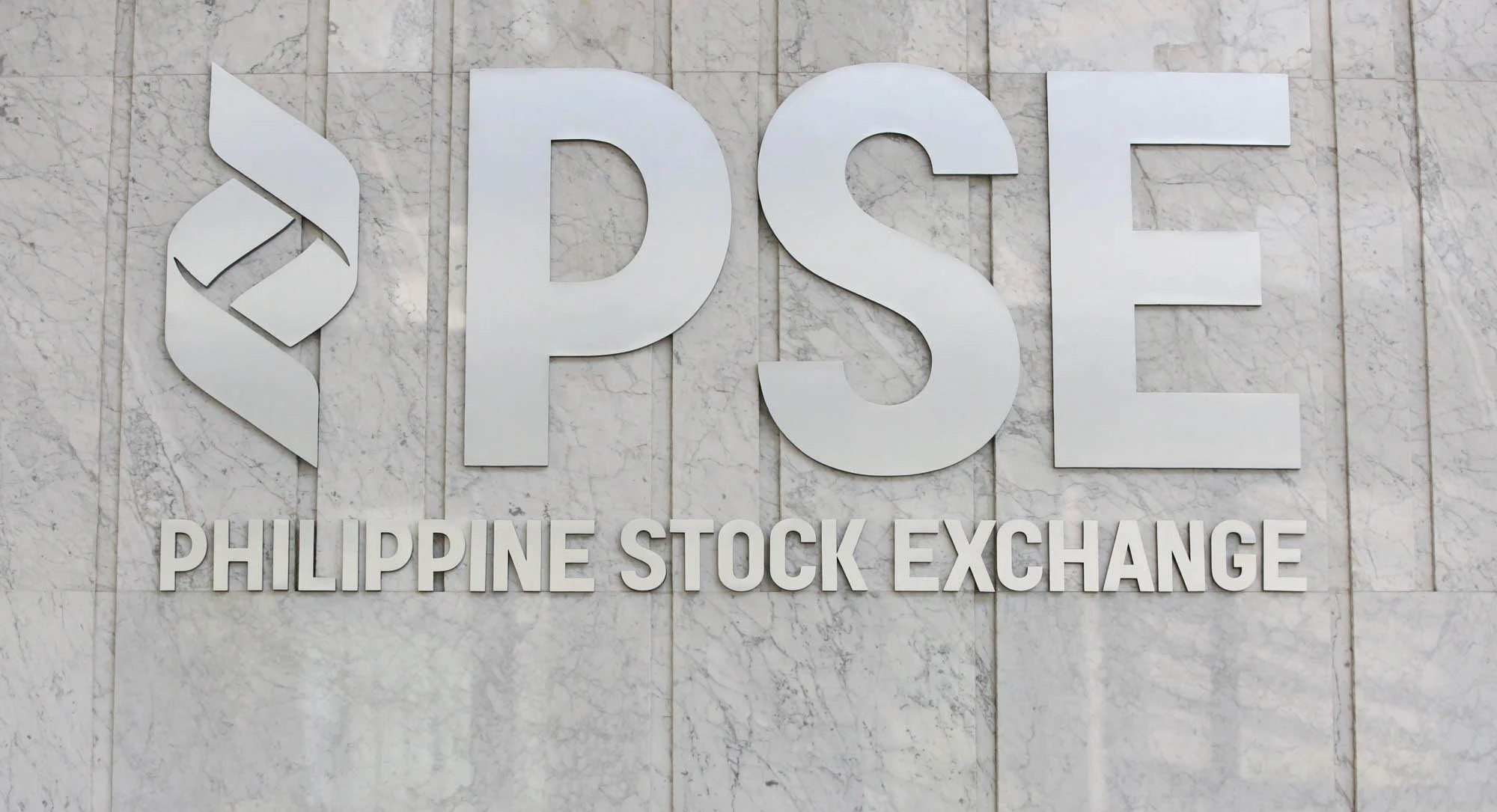
THE Manila Times' Microenterprise Forum held on Thursday at the Ascott Makati provided a number of positive takeaways, providing some dimension to what most of us already knew: The Philippines' micro, small and medium enterprise (MSME) sector is a vibrant and growing part of the economy, and offers virtually limitless opportunities. Reassuringly, the government clearly understands the importance of the MSME sector, and has worked hard to craft policies and programs to support it. Some evidence for the resilience of the MSME sector and the success of government policies to support it can be found in the surprising statistic that, at the height of the economic downturn during the Covid-19 pandemic, new business registrations actually increased by 42 percent, which consequently helped the economy recover more quickly than expected.
However, there is another statistic that was shared in the forum that tends to dampen whatever enthusiasm the success of our MSME sector might inspire. Despite comprising 99 percent of Philippine businesses, the MSME sector only contributes about one-third of the country's total economic output. For the record, the often-cited "99 percent" figure is not at all unique to the Philippines; in a recent speech, US President Joe Biden praised the contributions of small businesses in the world's biggest economy, where they also account for nearly 99 percent of all enterprises. According to United Nations data, on a global basis, MSMEs make up about 90 percent of all businesses, 60 to 70 percent of all employment, and about 50 percent of global gross domestic product.
In that light, in spite of creditable attention to the MSME sector on the part of the government, and in spite of the clearly evident success of the sector, it still falls surprisingly short of its potential. This is not necessarily a criticism of the government's perspective and policy toward the MSME sector, because one-third of the economy is still an enormous contribution, and other factors, such as the steadily declining poverty rate, also indicate the government is not really doing the wrong things. Rather, it may not be doing enough to take full advantage of the MSME sector's potential to turn the country's economic growth from "respectable" to "astonishing."
The general approach of government economic policy with respect to MSMEs is the same as it is for any other part of the economy, a top-down perspective that begins with the largest common denominator rather than the smallest; this is why we see so many laws dubbed a "magna carta" for one sector or another. As it relates to MSMEs in particular, the approach makes the assumption that a business at the MSME level is automatically in transition, and must and should move toward formalization and growth in scale.
As a couple of the forum's speakers noted, however, this is not always the objective of the entrepreneurs themselves, and is not always practical for all businesses. One good example comes from the very bottom of the MSME ladder, the so-called waste pickers, people who earn an income by scavenging recyclable materials from discarded solid waste. Under the new Extended Producer Responsibility Act requiring better management of plastic waste, this marginalized sector suddenly becomes a critical part of making the system created by that law work, and more to the point, it would not work if the waste pickers could not do exactly what they do. Obviously, most of them are very poor and entirely deserving of social and economic justice. But in their case, trying to "bring them into the formal economy" would create other hardships for them, and ruin their effectiveness as part of the plastic value chain. Thus, policy needs to be flexible and find other ways to ensure their basic needs and dignity are met, and that they have fair opportunities for personal progress.
As the forum's final speaker, Dr. Jamil Paolo Francisco of the Asian Institute of Management explained, Filipinos are peerless when it comes to using the resources available to them to creatively develop their own opportunities; it is the "resilience" for which our people are famous. Approaching policy to support MSMEs from the same perspective, from the ground up, would make the best use of the fantastic resources our people and their entrepreneurial spirit represent.
Read The Rest at :





